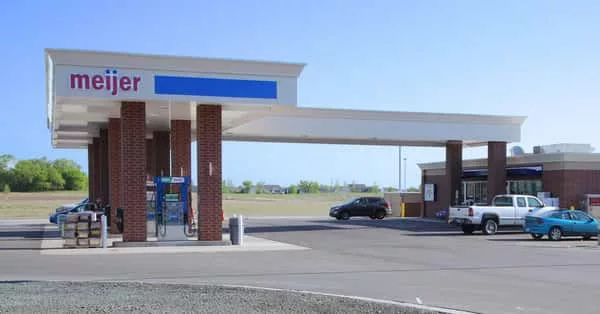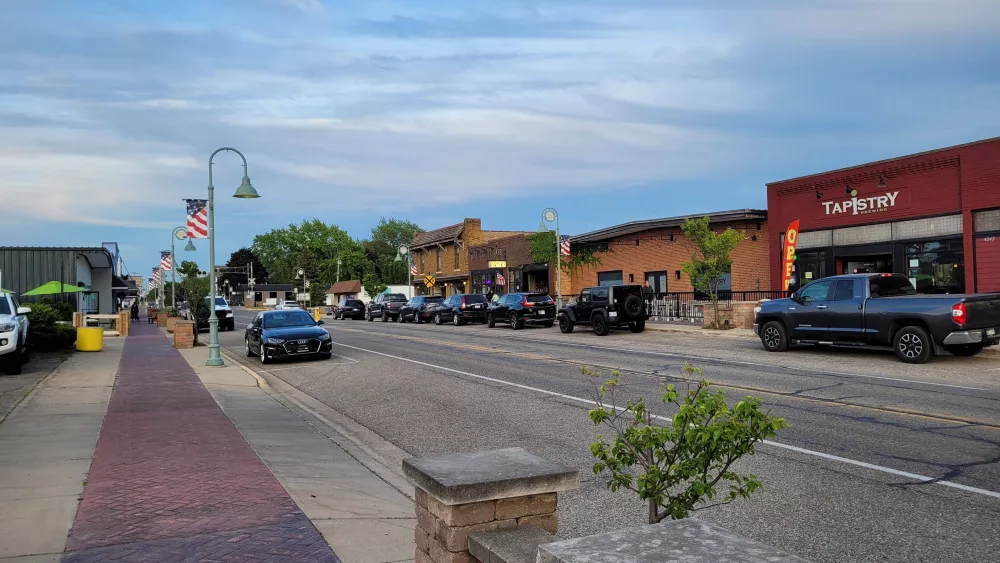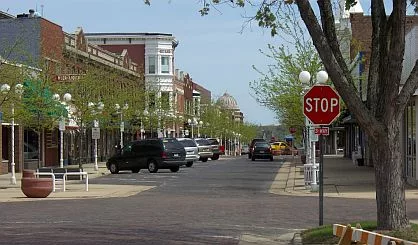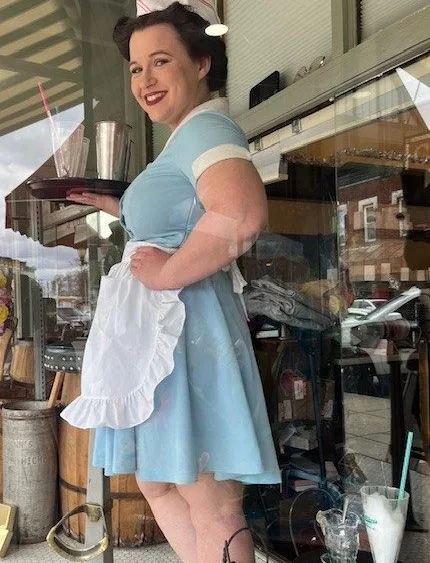Lawton State Representative Aric Nesbitt's bill allowing more gas stations "under the tent" when it comes to beer and wine sales in Michigan has sparked an uproar from some colleagues who opposed it and are now asking Governor Rick Snyder to veto the legislation.
Those colleagues aren't the only ones. They're getting it from constituents who own and operate gas station convenience stores across the state. The law, headed to the Governor's desk, got final approval from the Michigan Senate just before they headed off on spring break in a 28-to-8 vote late last week. That vote came on the heels of State House approval a week earlier on a 68-to-41 vote at that time.
Nesbitt is the House Majority Floor Leader and his bill essentially allows large supermarket chains like Meijer to begin selling beer and wine from the gasoline service stations on the periphery of their super stores by counting pre-existing inventory inside the supermarket toward the non-alcoholic inventory required to successfully obtain a liquor license for sale from the service station convenience stores on site.
The Michigan Liquor Control Commission requires any gasoline station/convenience store to maintain at least a quarter-million in non-alcoholic inventory on premise to qualify for licensing, keeping service stations from having little more than beer, wine, chips and milk.
State Representative Ray Franz of Onekama has been one of the most vocal critics of the legislation and is leading the drive to have the Governor veto the bill. He told colleagues on the House floor at the time of the vote, "It is a carve-out for Meijer and some of the other big stores," and added, "To deny it is, quite frankly, an exercise in semantic gymnastics." He contends that this bill will lead to the further demise of more small time retailers who already struggle against super stores.
The bill had the backing of the Michigan Beer & Wine Wholesalers Association. Nesbitt's argument was that the larger stores already meet the minimum inventory rules and this just let's them sell beer and wine like any other establishment that meets the legal threshold.
He told reporters last week, "As you look at it, this allows for a more open, more competitive marketplace."






